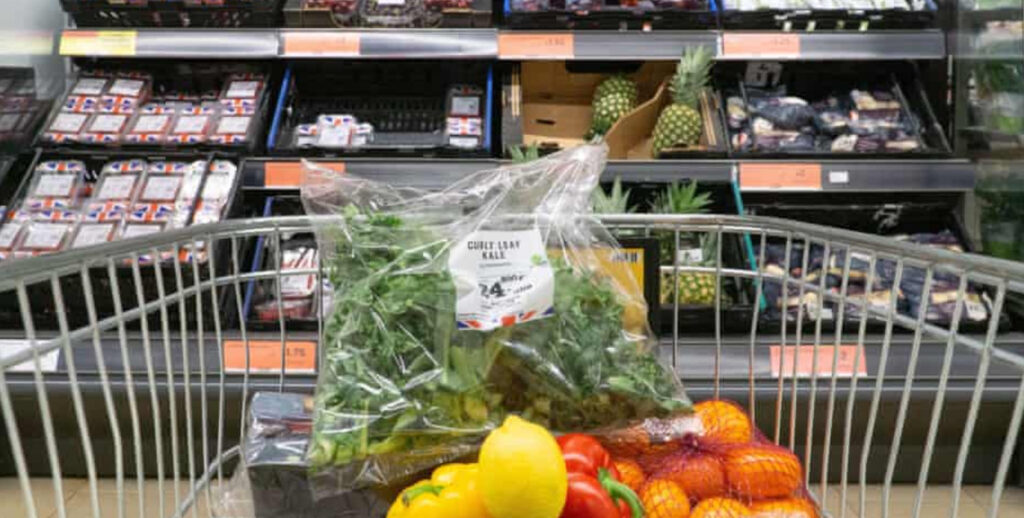UK inflation dropped more than expected in March to 2.6%, fuelling speculation that the Bank of England could reduce interest rates as soon as next month. The latest inflation figures have increased pressure on policymakers to stimulate the slowing economy amid global uncertainty triggered by Donald Trump’s tariff-driven trade policy.
The consumer prices index (CPI) fell from 2.8% in February and came in below City analysts’ expectations of 2.7%. Despite the slowdown, inflation is forecast to climb again in April as households face a surge in council tax and utility bills.
The Office for National Statistics (ONS) attributed the March drop primarily to falling fuel prices and a slowdown in the cost of recreational activities, such as eating out. Petrol prices declined by 1.6p per litre to an average of 137.5p, compared to 144.8p during the same period last year. Food prices remained flat in March, contrasting with their rise in March 2024.
However, clothing and footwear costs increased, partially offsetting broader deflationary pressures.
Trump’s Tariff War Clouds Inflation Outlook
Donald Trump’s abrupt imposition of high tariffs on US imports earlier this month has triggered significant market volatility, casting fresh uncertainty over global inflation projections. Analysts fear that the tariffs could disrupt global trade and dampen economic growth, particularly if China redirects its exports to Europe.
Ruth Gregory, Deputy Chief Economist at Capital Economics, anticipates a temporary surge in inflation in April due to a sharp rise in utility bills and water charges. She projects inflation could peak at 3.5% this year but expects it to decline swiftly due to broader economic weakness.
Nevertheless, Trump’s trade actions could cause inflation to peak at a lower-than-expected rate, as subdued global demand weighs on prices.
Interest Rate Cut Widely Expected in May
With inflation inching closer to the Bank of England’s 2% target, markets are now pricing in an 86% likelihood of a rate cut at the 8 May monetary policy meeting. A potential reduction would see the key interest rate fall by 0.25 percentage points to 4.25%.
Former Bank of England deputy governor Charlie Bean has called for a more aggressive cut, suggesting a 0.5 percentage point reduction to mitigate the risks posed by global trade tensions. Former prime minister Gordon Brown has similarly urged coordinated rate cuts from major central banks.
Labour Market Weakens Despite Strong Wage Growth
Despite cooling inflation, wage growth remains above CPI. Figures released on Tuesday show that earnings excluding bonuses rose to 5.9% in the three months to January, slightly below economists’ forecast of 6%. Employment levels fell in March as companies scaled back hiring activity.
Chancellor Rachel Reeves welcomed the fall in inflation and rising real wages, citing them as evidence that the government’s economic plan is beginning to yield results. However, she acknowledged that many households continue to struggle with high living costs.
Meanwhile, Shadow Chancellor Mel Stride blamed the government for inflationary pressures, criticising what he called reckless spending and borrowing that “keeps inflation higher for longer.”


